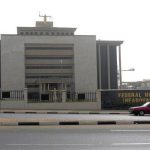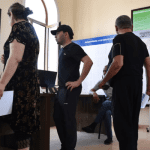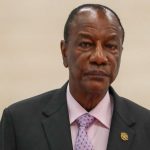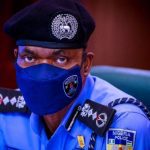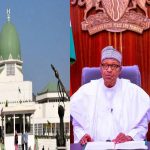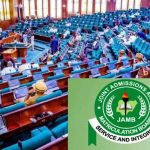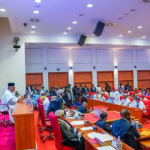Botswana, a diamond-rich country in southern Africa, has held general elections, with the ruling party hoping to extend its almost six-decade dominance and give President Mokgweetsi Masisi a second term.
Polls started at 6:30 a.m. (0430 GMT) for more than a million registered voters, with four presidential contenders vying to lead the region’s oldest standing democracy, which was established after independence from Britain in 1966 when the Botswana Democratic Party (BDP) took office.
Some voters stated that there were irregularities in the functioning of the Independent Electoral Authority (IEC) in favour of the ruling party, echoing opposition claims in the lead-up to the polls.
Opposition groups have criticised the IEC for neglecting to share a digital version of the voter roll and for a lack of ballot papers during early voting for public offices.

In addition to allegations of government corruption and poor management, one of the main issues facing voters prior to the elections has been the unemployment rate, which has risen to 27% in the face of a faltering economy.
However, the ruling party cites the economic effects of the COVID-19 outbreak, pointing out that declining demand for diamonds is also eroding earnings.
With roughly 400 applauding fans, Masisi, 63, conducted his final campaign event in the capital late Tuesday. He expressed his desire to use his second term “to polish” what he started in his first five years.
Masisi was elected in 2019 with around 52 percent of the vote. While the party is not expected to fare much better this time, the opposition is fractured.
The largest opposition alliance is the left-wing Umbrella for Democratic Change (UDC), which is led by Duma Boko, a young human rights lawyer, aged 54.
It lost two significant members in the run-up to election day, with the Botswana Patriotic Front (BPF) and Botswana Congress Party (BCP) both withdrawing and nominating their own presidential candidates.
It was a blow to voters like 23-year-old Ookeditse Letshwenyo, who regarded the UDC as providing chances for young people who were trying to find work.
While the surprise return six weeks ago from three years of self-exile of the previous president Ian Khama to campaign against Masisi added some energy to the opposition, analysts said his influence was limited to a few districts.
With 61 seats up for grabs in parliament, Botswana’s first-past-the-post system means that the first party to take 31 seats will be declared the winner and install its candidate as president.
Counting will start in the hours after polling stations close at 7:00 pm (1700 GMT) Wednesday with results due late Thursday.




